“So, I got a ticket for my license plate light not working, but it DID work and the cop was lying!”
.
In Texas the “visibility” requirements for license plate lamps are found in Sec. 547.322(f) & (g).
.================
https://statutes.capitol.texas.gov/Docs/TN/htm/TN.547.htm#547.322
.================
However, the ADDITIONAL criteria for how and when that viewable distance actually applies and must be observed and tested is found in Sec. 547.301(a), and that section requires that the 50′ distance measurement is to be observed/tested under the following conditions only:
.================
“a) Unless expressly stated otherwise, a visibility distance requirement imposed by this chapter for a lamp or device applies when a lighted lamp or device is required and is measured as if the vehicle were unloaded and on a straight, level, unlighted highway under normal atmospheric conditions.“
.================
https://statutes.capitol.texas.gov/Docs/TN/htm/TN.547.htm#547.301
.================
As you can plainly see from the language of the statute, the mandatory requirement for measuring the visibility of the license plate lamp is inarguable as to its parameters and conditions. So, how do you fight a ticket like this and win? Well, as usual, that depends upon whether or not the courts and the prosecution will follow the law rather than their real motivational impetus of stealing money from any source they can find it regardless of the law and the facts. This requires that you come to a realization that is rather unsettling, the administrative law system pretending to be a criminal law system is itself designed from the ground up to be totally unfair, un-American, and unconstitutional in how it operates. With that realization comes another that is equally disappointing, that the only real goal here is to use these laws in a manner that allows those running the system to continue stealing from you and I by means of judicial and prosecutorial fraud, which they do by ignoring the full compliment of statutory elements required to be asserted and proven for these types of offenses.
IF the law were being followed and applied to the facts of the case as it should be, then winning a case like this would be no harder than simply asking all the right questions and then objecting to the officer’s complete lack of professional qualification to answer them with sworn testimony from the witness stand. For example, questions relevant to the additional individual elements of the actual charge itself, as found in this other general application in pari materia statute, and a few necessary stipulations from the Prosecution in open court, are as follows:
==============================
==============================
- Judge, on and for the record, I would like to request some stipulations from the prosecution before we begin, the first being, does the prosecution intend to present or represent that this case is based upon a “strict liability” standard and reading of the statutes involved in the matter?
- Judge, does the prosecution agree to stipulate that Transportation Code Sec. 547.301(a) is as equally in pari materia to the allegation as Secs. 547.322(f) & (g) of that Code?
- Judge, as the prosecution has stated in the affirmative that this is a case involving a “strict liability” reading and application of the statutes in question, the Defense would ask the court to clarify if the issue of strict liability cuts both ways, meaning, is the STATE also under a strict liability requirement to both assert and prove every statutory element of the alleged offense in accordance with those elements clearly stated within the aforementioned statutes themselves, and is the STATE required to do so solely by the means of substantive facts and evidence and not merely the unqualified personal legal opinions and conclusions of its witness?
- Judge, does the prosecution agree to stipulate that Transportation Code Sec. 547.301(a) is as equally in pari materia to the allegation as Secs. 547.322(f) & (g) of that Code?
- Furthermore, I ask for a stipulation from the prosecution as to whether or not the STATE intends to swear in and call the officer to testify as an expert witness upon any subject whatsoever so as to convert the officer’s otherwise unqualified personal legal conclusions and opinions upon that subject into allegedly admissible evidence for purposes of the court record and obtaining a conviction?
- If the officer is not being sworn in or called to testify as an expert witness, I ask the court to grant a Defense Motion In Limine prohibiting the prosecution from asking the witness any questions relating to, or that can be construed as, requiring an answer based upon the witness’ unqualified personal legal opinions or conclusions about any aspect of this case, especially those that are required to be factual, and the Defense further requests that the officer also not be allowed to answer any questions relative to the facts of this case if the basis for the answer is his/her own personal legal opinions or conclusions about those facts.
================================
Relevant and Necessary Questions:
================================
- Officer, was the ticket issued on a highway where some natural illumination or lights of any kind were present?
- Officer, you testified that the time of day when you allegedly observed my license place light as being faulty was approximately xx:xxPM, correct?
- What time did the sun completely vanish over the horizon on that day?
- Was the light of the sun still viewable in the sky at the time of day you allegedly observed my license plate light?
- At this time of day, could you still see the road and surrounding terrain without the use of any sort of additional illumination?
- If you could see such things, then that must mean that there was some other source of illumination that was present and affecting your vision, because, if there was no illumination whatsoever you shouldn’t have been able to see anything at all, as it would have been pitch black, correct?
- If you could see such things, then that must mean that there was some other source of illumination that was present and affecting your vision, because, if there was no illumination whatsoever you shouldn’t have been able to see anything at all, as it would have been pitch black, correct?
- Does your police cruiser have headlights?
- Does department policy allow you to operate your cruiser on an open and operational public roadway at nighttime without using your cruiser’s headlights?
- So, the headlights of your patrol cruiser are always on and operational at all times once the sun goes down, including on the day you stopped me and wrote this citation?
- So, just to be clear for the jury, your testimony thus far is, at the time you made your initial observation that my license plate light was allegedly not operational, that it was after sunset, but not so dark that you couldn’t see anything when standing outside of your cruiser, that we were both traveling upon an open and operational public highway, and that your cruiser’s headlights were on and operational. Is that a correct summary of your testimony thus far?
- So, it is 100% true that you never once turned off the headlights on your cruiser while traveling upon the public roadway behind me on the night in question. Yes or No?
- It is also 100% true that you were positioned directly behind my automobile when you made the alleged observation of my license plate light, correct?
- Using a measurement of feet, how close to the rear of my automobile are you claiming to have gotten prior to making this observation?
- Do the headlights on your cruiser appear to reflect more light back at you the closer you are to an object they are shining upon, meaning that it makes the object appear brighter and more visibly detailed?
- So, it is 100% true that the headlights of your cruiser were shining either directly at or in the general direction of the rear of my automobile at that time you allegedly made this observation, correct?
- And you are absolutely certain that you never turned your headlights off at any time while you were operating your police cruiser upon the highway and following behind me, yes?
- Officer, can you tell us how the term “unlighted” is defined by the statute, or does the statute rely upon the ‘common’ definition by not defining it at all (READ it)?1 (Webster’s).
- Isn’t the term “unlighted” a term that is synonymous with “unlit,” which, using the common and ordinary meaning found in Webster’s Dictionary is defined as “not illuminated with light?”2 (Webster’s).
- Does having the rear of my automobile completely illuminated by the headlights of your police cruiser legally qualify as “unlighted,” meaning “not illuminated with light?”
- If something is “not illuminated with light,” as the statute clearly uses the term, then doesn’t it seem logical that meaning implicitly implies the complete absence of light?
- And since the observational requirement relates to a level and distance of visibility found only under the conditions that the law itself terms as the complete absence of light, wouldn’t the fact that your testimony about your cruiser’s headlights shining upon or at the rear of my automobile make such an observation under these specific legally permissible requirements impossible?
- Wouldn’t the fact that there were multiple sources of illumination present make the element of “unlighted” impossible to prove since the common and ordinary meaning of unlighted is “not lighted?”
- Even if the portion of roadway being “illuminated with light,” was the same place where you’ve testified that your observations took place, doesn’t the presence of such light sources 100% nullify the mandatory observational element of “unlighted?”
- Isn’t it true that this statutory requirement exists precisely because the presence of other sources of light would almost certainly adversely affect the already minimalistic visible luminosity of a license plate lamp from at least 50′ away?
- If multiple and more powerful sources of illumination were present, like the power headlights on your police cruiser, how could you possibly testify that the legal element of “unlighted” was met and proven?
- So it is entirely possible, virtually 100% certain in fact, that you could not have possibly observed my license plate light under the conditions required by these statutory elements in order to legally determine if the license plate light was not actually working or not readily visible from at least 50′ in the first place, correct?
- Was there a moon out that night?
- Could you see the moon from the same location where you pulled me over and wrote this citation?
- Doesn’t that make the moon yet another source of illumination that would make the “unlighted” element impossible to positively allege and prove?
- Officer, you testified that the time of day when you allegedly observed my license place light as being faulty was approximately xx:xxPM, correct?
- Officer, was my automobile completely unloaded at the time of your alleged observations?
- Did you ever ask me step out of the automobile?
- So I remained inside my automobile the entire time, correct?
- So I remained inside my automobile the entire time, correct?
- Did you personally remove, or have me remove, everything from the automobile that was not a factory approved integral part of automobile in order for it to meet the legal element of “unloaded?”
- I have here the original advertisement that led me to purchase the very automobile you are testifying about here today, can you please read that part of the advertisement right there? It says the automobile “comes fully loaded,” and then supplies a complete list of items it is loaded with doesn’t it? Did you ever make me remove any of those items before you performed your visual observation test of my license plate light?
- I have here the original advertisement that led me to purchase the very automobile you are testifying about here today, can you please read that part of the advertisement right there? It says the automobile “comes fully loaded,” and then supplies a complete list of items it is loaded with doesn’t it? Did you ever make me remove any of those items before you performed your visual observation test of my license plate light?
- Since there was at least one individual (me) inside the automobile at the time, and it definitely was carrying other personal property and such, how could you possibly testify that the legal element of “unloaded” was met and proven?
- Did you ever ask me step out of the automobile?
- Officer, can you tell us how the term “straight” is defined by the statute, or does it rely upon the ‘common’ definition by not actually defining the term at all (READ it)?
- Isn’t it true that the term “straight” is not defined by the Texas Transportation Code?
- Isn’t it also true that the common and ordinary meaning and implied use of the term “straight” is “free from curves, bends, angles, or irregularities?”3 (Webster’s).
- Officer, did you bring a certified copy of the surveyor’s report containing the actual survey made by a qualified surveyor that certifies that the exact section of road where you allegedly made your ‘observation’ of the ‘faulty’ taillight is actually “straight?”
- Officer, did you bring a certified copy of the surveyor’s report containing the actual survey made by a qualified surveyor that certifies that the exact section of road where you allegedly made your ‘observation’ of the ‘faulty’ taillight is actually “level?”
- Officer, can you please tell us from what University you obtained your degree in Meteorology?
- Are you saying that you don’t have a degree in meteorology?
- Then how are you officially and sufficiently qualified to testify about what constitutes “normal atmospheric conditions” at this precise location of roadway?
- Since you don’t have a degree in meteorology, and you haven’t been sworn in to testify as an expert witness even if you did, how could you possibly testify that the legal element of “normal atmospheric conditions” at this precise location of roadway was legally met and proven?
- Are you saying that you don’t have a degree in meteorology?
- Isn’t it true that the term “straight” is not defined by the Texas Transportation Code?
The list of things you can go into about this particular offense, and many others in the Transportation Code, is quite comprehensive.
- How far behind you was the officer when he activated his lights to pull you over?
- Did the officer EVER get closer to your automobile than 50′ prior to the activation of their emergency lights?
- Since this was a deputy sheriff, DOES the county sheriff’s office he works for even have legal authority to enforce the Transportation Code via a “Memorandum of Understanding” with the Texas Department of Public Safety that was issued in accordance with all of the provisions of Rule §4.13 of the Texas Administrative Code and Sec. 701.001 of the Texas Transportation Code?
Be aware that the majority of Sheriff’s offices in Texas DO NOT have this memorandum because they DO NOT meet the legal requirements of Rule §4.13 within the Texas Administrative Code in order to receive it. A “Memorandum of Understanding” is 100% REQUIRED by law under the provisions of the Texas Administrative Code, Title 37, Part I, Chapter 4, Subchapter B, Rule §4.13 BEFORE any enforcement authority can be delegated to local sheriff’s offices even if they DO otherwise qualify! This is equally true, if true at all, for municipalities and their police officers. The Texas Department of Public Safety is the only state agency given direct enforcement authority over the specific chapters of the Texas Transportation Code generally used for fraudulent and illegal revenue generation by counties and municipalities. - Lastly, once the deputy/officer actually approached the rear of the automobile and saw for certain that the license plate light WAS actually working, WHY did the asshole write a ticket already knowing it was an absolute fact that the ticket was 100% false [and, at that point, 100% malicious] as to the charge for which you were being cited?
This falsification alone makes the officer’s actions 100% ILLEGAL in that it was falsification of a government document (citation), simulation of legal process (citation and promise to appear), an illegal arrest without ANY form of probable cause, which is unlawful restraint (falsely held/restrained against your will for an illegal stop), impersonating a public servant (no authority OR jurisdiction to enforce the Transportation Code without that Memorandum of Understanding and the proper D.P.S. certifications), abuse of official capacity (color of law without lawful authority), and official oppression (color of law and violation of rights). In short, the officer made themselves into a FELON by making this stop without probable cause or lawful authority to enforce the Transportation Code. Therefore, it would be 100% feasible to claim that you have reason to believe and do believe that you could and should file criminal charges for each of these offenses.
.================
https://statutes.capitol.texas.gov/Docs/TN/htm/TN.701.htm#701.001
.
https://texreg.sos.state.tx.us/public/readtac$ext.TacPage?sl=R&app=9&p_dir=&p_rloc=&p_tloc=&p_ploc=&pg=1&p_tac=&ti=37&pt=1&ch=4&rl=13
.================
Just in case you aren’t able to get to the Texas Administrative Code section using the above link, use this one to access the central page and then click your way down to the relevant sections from there:
.================
http://texreg.sos.state.tx.us/public/readtac$ext.viewtac
.================
.================================
Texas Penal Code Crimes Committed:
.================================
Sec. 37.10 Tampering with Governmental Record. https://statutes.capitol.texas.gov/Docs/PE/htm/PE.37.htm#37.10
Sec. 32.48 Simulating Legal Process. https://statutes.capitol.texas.gov/Docs/PE/htm/PE.32.htm#32.48
Sec. 20.02 Unlawful Restraint. https://statutes.capitol.texas.gov/Docs/PE/htm/PE.20.htm#20.02
Sec. 37.11 Impersonating Public Servant.
https://statutes.capitol.texas.gov/Docs/PE/htm/PE.37.htm#37.11
Sec. 39.02 Abuse of Official Capacity.
https://statutes.capitol.texas.gov/Docs/PE/htm/PE.39.htm#39.02
Sec. 39.03 Official Oppression.
https://statutes.capitol.texas.gov/Docs/PE/htm/PE.39.htm#39.03
.================
.
1 Webster’s online dictionary definition of the word “unlighted” – https://www.merriam-webster.com/dictionary/unlighted.
2 Webster’s online dictionary definition of the word “unlit” – https://www.merriam-webster.com/dictionary/unlit.
3 Webster’s online dictionary definition of the word “straight” – https://www.merriam-webster.com/dictionary/straight.

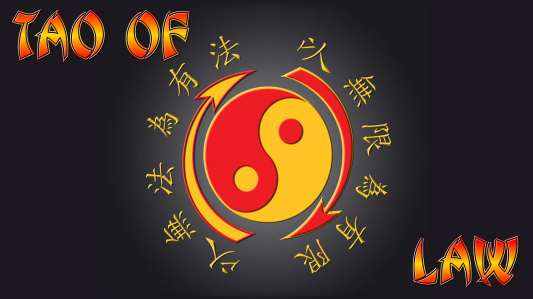

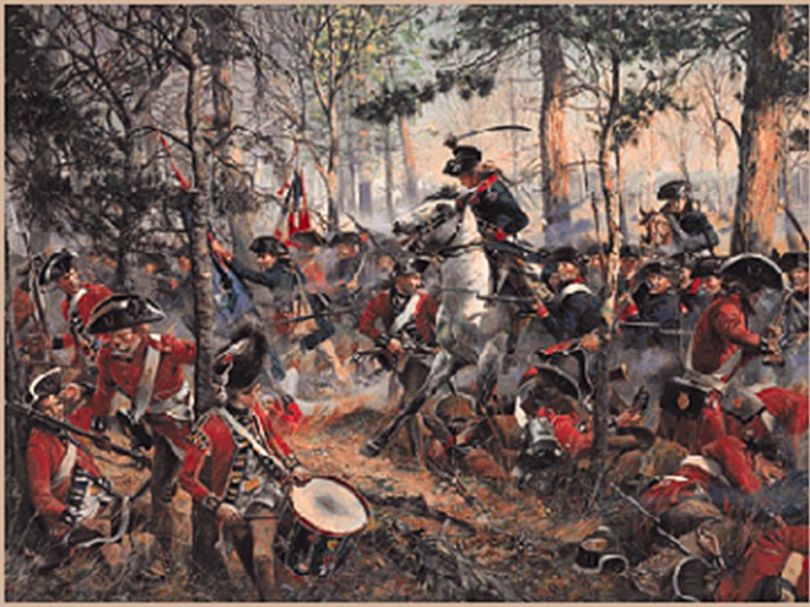






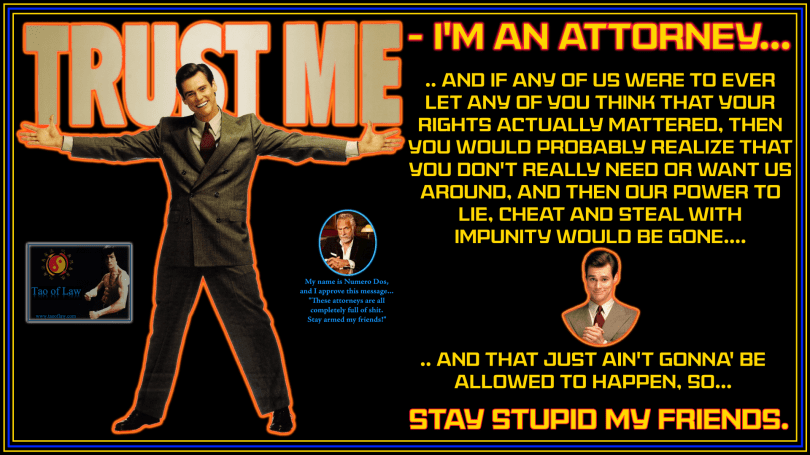

 regulated by the U.S. or Michigan [
regulated by the U.S. or Michigan [ to that of two issues, whether or not it is ‘legal’ to “drive” in any state of the union without acquiring a “driver’s license” and various other accouterments associated therewith, or, whether or not the People individually have the right to tell the mis-educated traffic cop to go to hell and learn to do his job correctly. The truly correct answer relies very heavily on legal semantics vs. actual common sense when coupled with verifiable world history, custom, and practice, even since before time immemorial.
to that of two issues, whether or not it is ‘legal’ to “drive” in any state of the union without acquiring a “driver’s license” and various other accouterments associated therewith, or, whether or not the People individually have the right to tell the mis-educated traffic cop to go to hell and learn to do his job correctly. The truly correct answer relies very heavily on legal semantics vs. actual common sense when coupled with verifiable world history, custom, and practice, even since before time immemorial. commercial GMO seed vendors to sell them any seeds or gardening tools). Nor were there any supermarkets with frozen mammoth steaks and sabre-tooth tenderloins located just down at the corner of the local watering hole and mammoth graveyard.
commercial GMO seed vendors to sell them any seeds or gardening tools). Nor were there any supermarkets with frozen mammoth steaks and sabre-tooth tenderloins located just down at the corner of the local watering hole and mammoth graveyard.

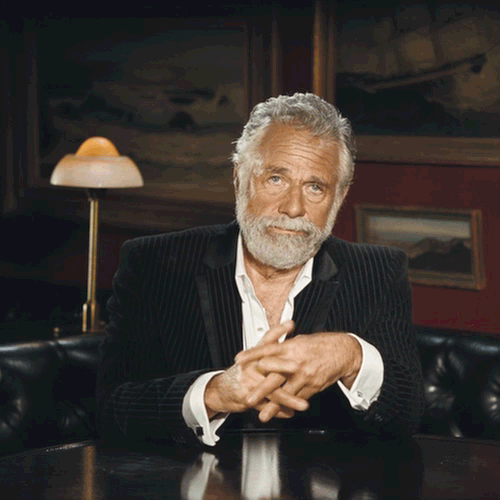 fundamental right to be left the hell alone when we are simply moving about on the public right-of-way without causing harm to anyone.
fundamental right to be left the hell alone when we are simply moving about on the public right-of-way without causing harm to anyone.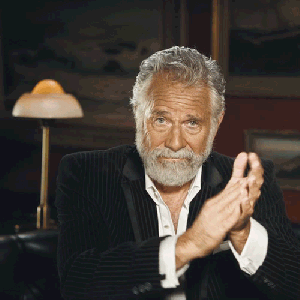 pursuant Sec. 543.002, Texas “Transportation” Code, the FIRST and ONLY words out of your mouth before anything else
pursuant Sec. 543.002, Texas “Transportation” Code, the FIRST and ONLY words out of your mouth before anything else 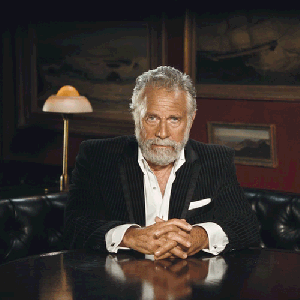

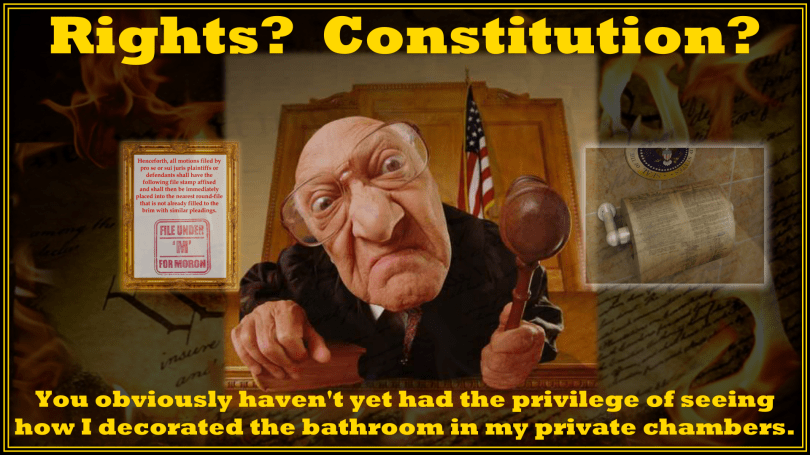
 constitutional-challenge-outline.doc
constitutional-challenge-outline.doc
